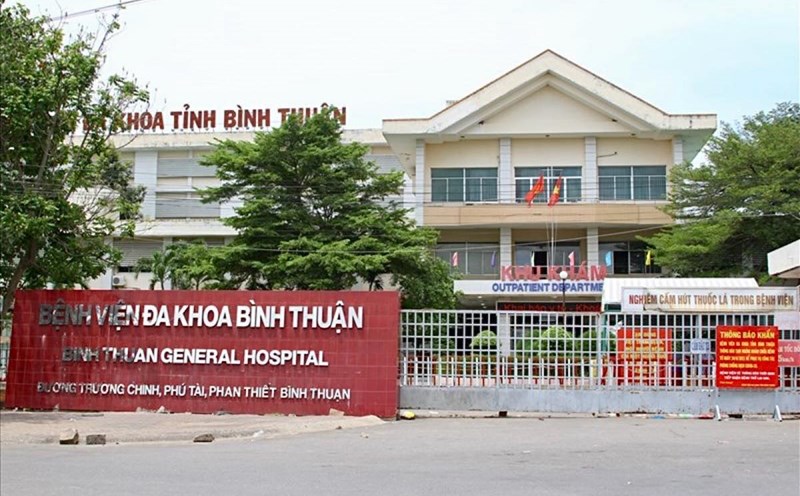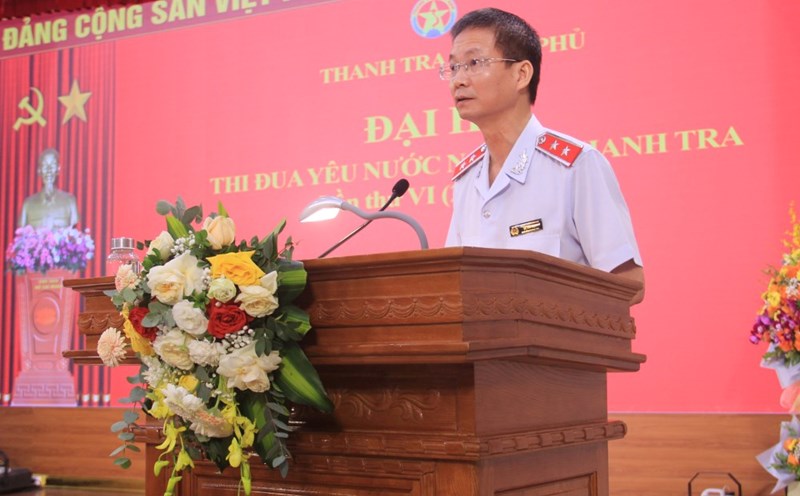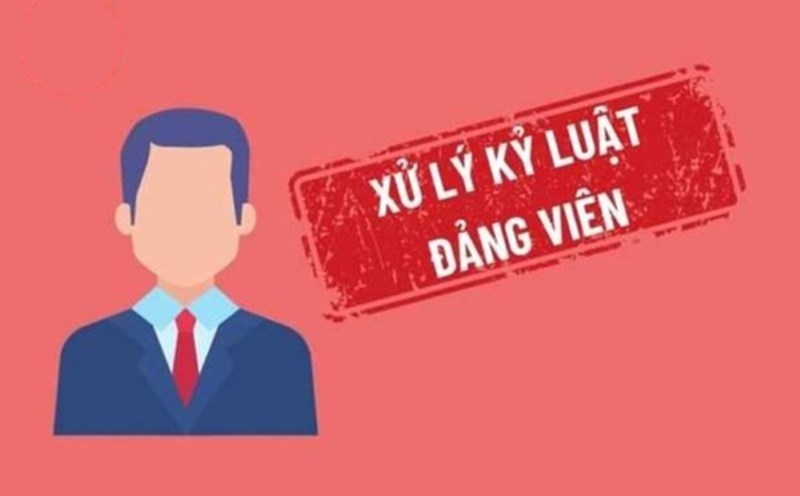The draft Law amending and supplementing a number of articles of the Law on Anti-Corruption is being appraised by the Ministry of Justice.
According to the Government Inspectorate's Submission, after more than 6 years of implementing the Law on Anti-Corruption, corruption prevention and control has made important strides. Corruption is being controlled and gradually prevented.
The work of detecting and handling corruption has been directed and implemented methodically, synchronously, drastically and effectively, creating a breakthrough in the work of preventing and combating corruption.
In addition to the achieved results, the Government Inspectorate said that some of the Party's policies and guidelines on corruption prevention and control have not been promptly institutionalized and turned into laws. The mechanism and legal policies are still not synchronous, not thoroughly resolving practical problems.
Some legal provisions that have not kept up with the development of society have been taken advantage of by subjects to commit acts of corruption, conceal, convert, and dispersate corrupt assets, making it difficult to detect, handle corruption, and recover corrupt assets.
In addition, the work of inspection, supervision, auditing, investigation, prosecution and trial of corruption in some fields and in some localities is not very effective, the timely handling of some corruption cases is not strict, and the recovery of corrupt assets is still limited.
This reality requires amending the Law on Anti-Corruption to perfect the mechanism for preventing, detecting and promptly handling corruption.
Accordingly, the draft law amends and completes 15 contents in 15/96 articles; technical amendments in 7 articles, focusing on perfecting policies on corruption prevention measures and policies on corruption detection.
Notably, to clearly define the authority of the Government Inspectorate and the Provincial Inspectorate in inspection work for cases with signs of corruption in accordance with the 2-level government organization model, promote decentralization and delegation of authority, the draft stipulates as follows.
The Government Inspectorate inspects cases with signs of corruption at ministries, ministerial-level agencies, agencies under the Government, People's Committees of provinces and centrally run cities; agencies and organizations established or approved by the Government and the Prime Minister; State-owned enterprises managed by ministries and ministerial-level agencies according to the provisions of the Law on Inspection.
The Inspectorate of the Ministry of National Defense, the Inspectorate of the Ministry of Public Security, and the State Bank Inspectorate inspected cases with signs of corruption committed by people working at agencies, organizations, and units under their management authority, except in cases where the case is under the authority of the Government Inspectorate.
The draft law also assigns ministries, ministerial-level agencies, and People's Committees of provinces to self-assess the work of preventing and combating corruption in Clause 2, Article 17 of the draft Law.
Decentralization of control of assets and income for those under the management authority of local authorities: The Government Inspectorate will not control the assets and income of the person holding the position from the Director of the Department and equivalent of the local government, which this task is under the authority of the Provincial Party Committee's Inspection Committee, City Party Committee and Provincial Inspectorate.








